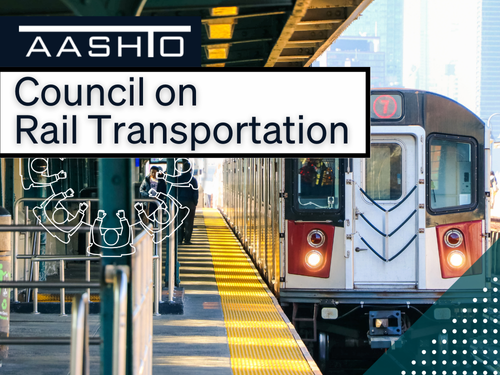An executive order issued by Pittsburgh Mayor William Peduto (seen above) on March 4 is being touted as a “national model” to guide autonomous vehicle testing in cities and communities around the world.
The mayor’s order, which designates the city’s department of mobility and infrastructure as the “principal point of contact” for the five entities currently developing and testing self-driving vehicles in Pittsburgh (Aptiv, Argo AI, Aurora Innovation, Carnegie-Mellon University and Uber) outlined three key principles the agency must follow:
- Institute transparent lines of communication between the city and firms testing autonomous vehicles, publishing annual reports on the implementation progress regarding AV policies
- Promoting automated driving systems that encourage high vehicle occupancy with lower or no emissions, lower cost, and equitable transportation options.
- Engaging industry leaders and community stakeholders to collaboratively facilitate the further development and deployment of self-driving technology.
“Autonomous vehicle technology has the potential to dramatically improve safety on our city streets and yield transformative benefits to equitable access and quality of life for all in our city. This can only happen when industry, agencies and people understand one another and work together,” Mayor Peduto said in a statement.

“My hope is that this executive order will not only provide the necessary platform and process to do that for our city, but serve as a model for cities and places across the globe,” he added.
Pittsburgh’s guidelines dovetail to a degree with the updated autonomous vehicle guidance issued by the U.S. Department of Transportation in October, as well policy letters issued by the American Association of State Highway and Transportation Officials on the potential deployment needs of self-driving vehicles in November.
 Nation
Nation
Registration Open for AASHTO’s Winter Rail Meeting
December 19, 2025 Nation
Nation

